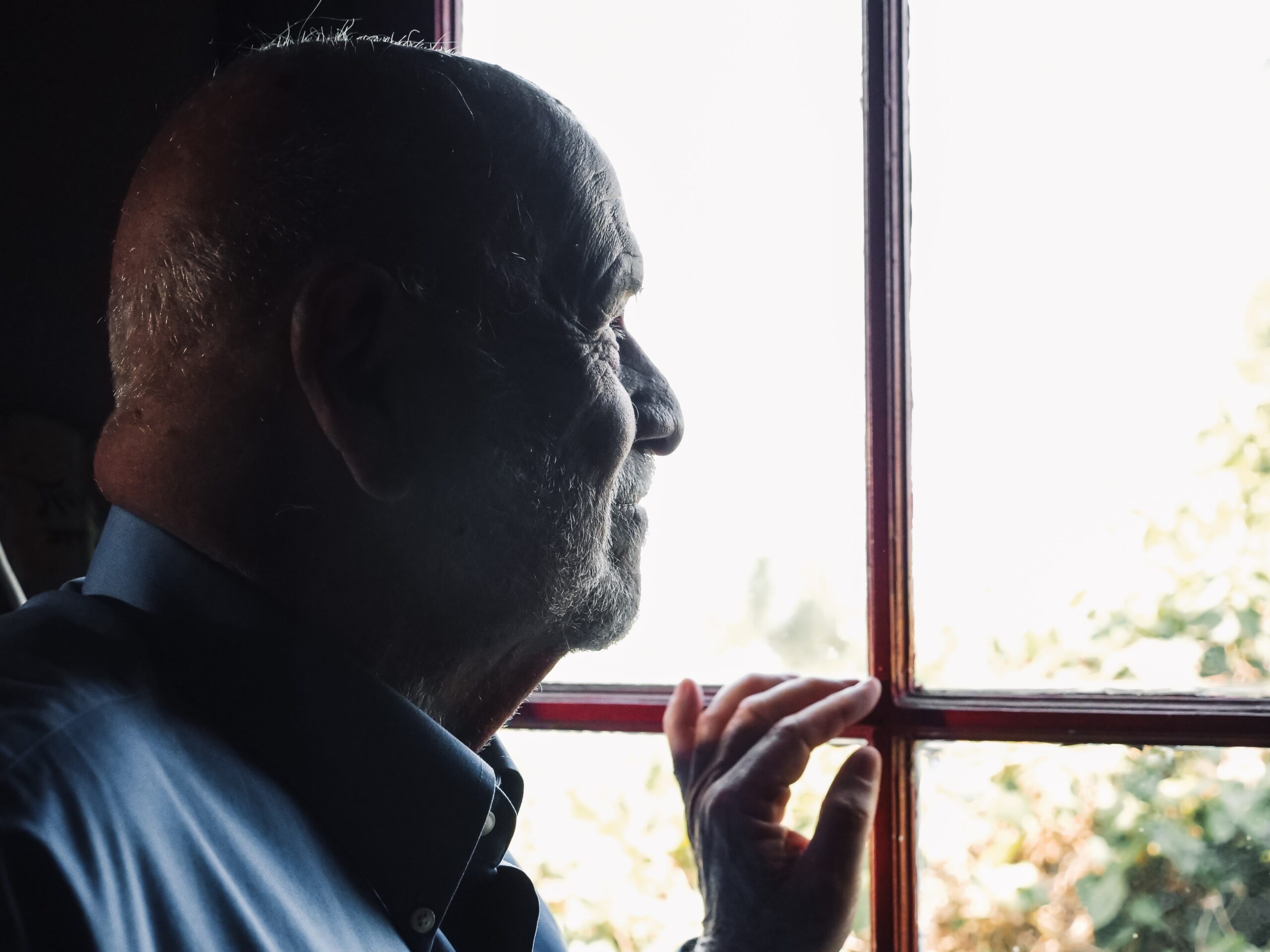
Blog post written by Mary Jordan, author of ‘The Essential Carer’s Guide’ and ‘The Essential Carer’s Guide to Dementia’.
If lockdown has been hard for many people, then emerging from lockdown may cause its own problems! Many have been made so afraid of infection that they have refrained from taking steps back into society again even when this was allowed. I have clients who tell me that they have not left their home for over a year. Many are really afraid to visit their GP (even when they can get an appointment) or to go to the hospital for important outpatient appointments. Some have avoided dental checks or eyesight appointments.
Carers know instinctively that routine is good for those with dementia – they find it easier to cope when there is a set pattern to the day and more difficult to cope when their routine is upset. This past year has disrupted many lives. Routines of social interaction have been interrupted and disturbed. Familiar visitors have stopped visiting. Family have kept their distance. Even those of us who are able to understand the reasoning behind the disrupted routines have been disturbed and depressed – how much more difficult for those unable to understand what is happening?
I have found it quite disconcerting when people have told me that they have become ‘used to’ staying at home and are reluctant to go out and meet others because I know that meeting up with other people, talking, touching and mixing are very important for those with dementia. Perhaps it is easy to forget how vital such activities are for carers too.
The Cognitive Stimulation Therapy groups that I run have been able to continue (under Covid-secure guidelines) since September and people have been very grateful for this, but the Dementia Café has not been allowed to run and carers have told me that they really missed this facility. It seems that the simple chance to meet along with the person they are caring for, in an informal social setting was considered by many to be a lifeline.
Now, hopefully things are changing again and we can once more meet up with family, friends and supporters. I feel it is important to embrace this new ‘opening up’ of society both for people with dementia and for their carers. But perhaps we should also take note of the fact that life can change suddenly and unexpectedly and that things can happen that are beyond our control. We cannot plan for every contingency but we can all remain open to considering change and accepting the need to adapt – and this is particularly true when caring for someone with dementia.
‘Solutions in Dementia’ by Mary Jordan (due in 2022) addresses the many occasions of dramatic change that can happen as dementia progresses and highlights some solutions that have been found helpful.
